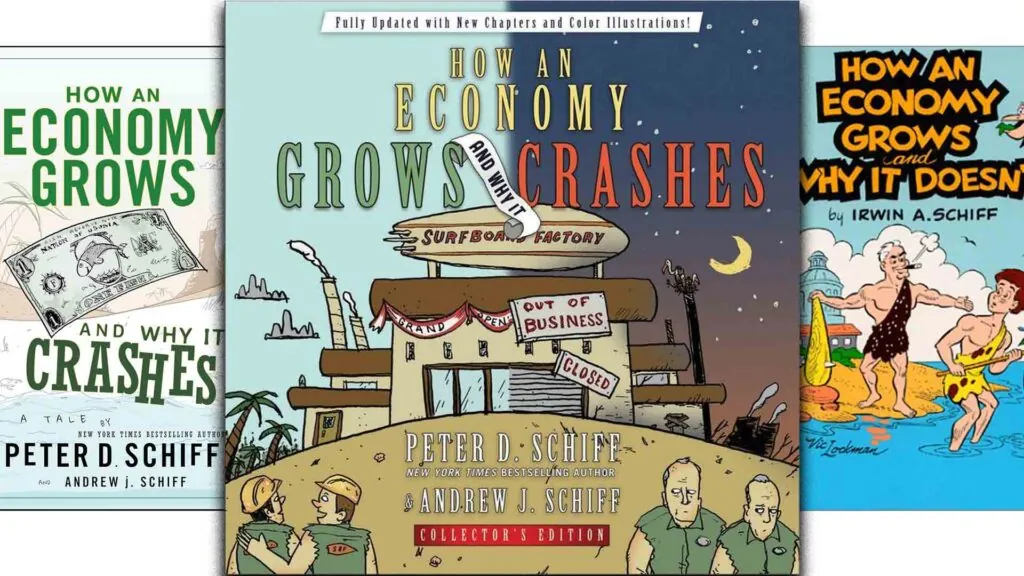I’ve written on marriage and headship in the past but when a friend asked me for my “expert take” on a marital matter he had concocted I had to tell him that as a newly married man, I’m no longer an expert on marriage. But, I added, as I haven’t yet had any kids I was still in a position to offer him some great expertise on parenting.
It was a joke, of course. But there is something to developing a well-thought-out “take” on marriage and parenting, and other big issues in life, long before we are ever in those situations. I wrote on headship and marriage before I had any personal experience so what I wrote might have been simplistic and even wildly naïve in parts. However, I did aim to tackle the subject biblically, so though as a bachelor I might have had little insight into how marriages do work, by going to Scripture I did have some idea about how marriages should work. And as a bachelor, I was able to write on the matter in a way that no married man could – I could preach without worry of anyone evaluating my practice.
Now that I am married I’m sure those written words are going to be hard to live up to. Should my wife ever come across those words she’ll notice I am already not (or perhaps I should say, “not yet”) measuring up to the standards I outlined. So my earlier writings might just end up haunting me.
But I think that is a very good thing.
A firm grip
In family devotions we’ve been tackling the book of Proverbs and though we are only a dozen chapters in, one theme is becoming quite clear: God wants us to not only seek after wisdom, but to clench tightly to it and never let it go (7:2-3). Wisdom is something that once found can be lost. We might know God’s will for a given situation but unless we bind this bit of wisdom to our heart, and tie it around our neck (6:21), we will soon forget it. That’s how, for example, a Christian young man who knows he should not be “unequally yoked” can still, if he doesn’t constantly keep this in mind, find himself increasingly attracted to an unbelieving young lass.
There is a real value then, in wrestling with big issues like dating, marriage, and parenting long before we’re ever in those situations, and even writing down whatever God-given wisdom we think we’ve discovered on these topics.
Some years ago I bought a copy of a book called All About Me. It was, as the title suggests, a rather narcissistic tome, asking the book’s purchaser to record in the provided blanks their favorite color, movies, food, sports team, pop star, and clothing store. But the part that interested me was a chapter in the back where bigger questions were asked:
- What are your thoughts on abortion?
- Do you believe in spanking?
- What are your thoughts on God?
- What would you do if you were given a million dollars?
The chapter included dozens more of these big questions, and asked for explanations – it wasn’t enough to say you were against abortion; you had to explain why. The only way a person could complete this whole chapter was if they took the time to develop, and then record answer by answer, some sort of comprehensive worldview.
What an intriguing idea! Just imagine if something similar existed that had been adapted for Christian use. The questions might include:
- While dating, what limits do you think are appropriate when it comes to physical intimacy?
- How much should you tithe?
- What does headship involve?
- What factors would determine who you vote for? (List them, in order of importance, and explain your list and its order.)
- What are your thoughts on organ donation?
- How are men and women different, and how do their roles differ?
- How many times should we attend church each Sunday and why?
- Why are you a member of your church and not another?
- How do you think God has gifted you?
- What qualities are you looking for in a spouse?
- And if you were given a million dollars, what would you do with the money?
Some of the questions would be fun, others would require a lot of study to answer in any sort of intelligent, biblical manner, but the end result would be nothing less than a booklet-sized personal profession of faith that could be kept, and referred back to repeatedly.
The value
A Christian All About Me doesn’t actually exist. But if it did, what would be the value of such a book?
It wouldn’t be in any of the specific answers – a young person tackling these questions for the first time might give some superficial and maybe even some silly answers. When we are young we are only beginning to grow in wisdom and haven’t got much of it yet.
The value would come in establishing a baseline to measure our thoughts against later. Take the million-dollar question as an example. A dozen years ago I know just how I would have answered that question – I would have taken the million dollars and started my own provincial political party. Today I have family responsibilities and consequently a new perspective. But I can’t just dismiss my earlier thoughts – as a young man I learned the importance of defending God, and His Law, in the public realm, and because I’ve captured that bit of wisdom down on paper I’m not liable to lose it.
By tackling big questions early we’re putting down an anchor – one that might still be pulled up and placed elsewhere, but which still provides us some stability now, so that we aren’t swayed every which way. Our thinking on many of these important issues will change as we study Scripture further, but if we’ve taken the time to think through our initial answers, and even written them down, we’ll be forced to evaluate our new thinking against our old. Then if a change is made we’ll have to provide good, solid, biblical reasons to rebut our earlier self.
Conclusion
Tackling the big questions early is, then, a way to hold onto the wisdom God reveals to us in our youth, when life is simpler, and we aren’t plagued with being able to see so very many shades of gray. But holding onto wisdom is not just a task for the young. As we age, and study the Scriptures we may grow in wisdom, but as God makes clear repeatedly in Proverbs, we have to hold fast to wisdom (3:18) and guard it (4:13) closely, or we will lose it.
So big questions then, are worth asking, early, often, and repeatedly.
This article first appeared in the October 2008 issue of Reformed Perspective. Jenni Zimmerman suggests another approach to address the same issue – holding on to wisdom – in this article (offsite).











